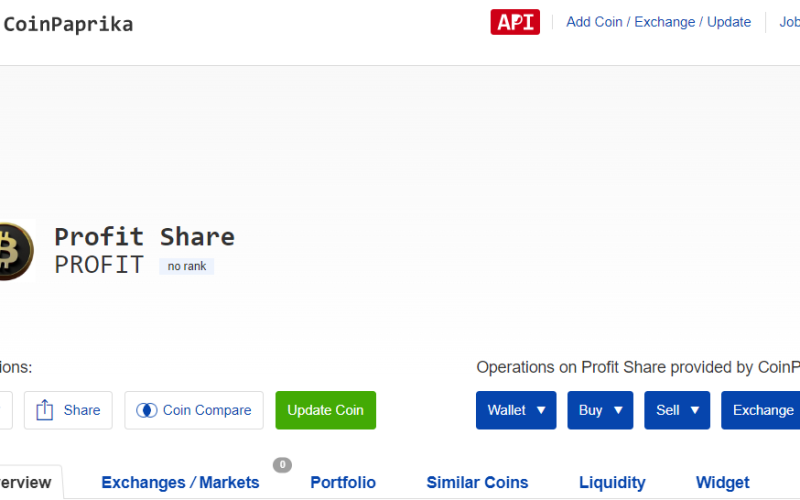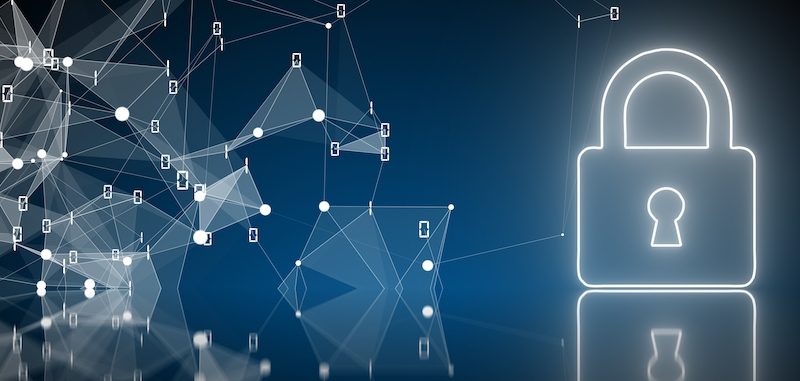In an age where centralized systems often control and constrain, decentralization emerges as a beacon of true freedom. The concept of decentralization is not merely a technological advancement; it represents a profound shift in how we envision and organize our social, economic, and political structures. Here’s why decentralization is fundamentally tied to the concept of freedom:
- Empowerment Through Autonomy: Decentralization dismantles traditional hierarchies and empowers individuals by giving them direct control over their assets, data, and decisions. In a decentralized system, power is distributed among many rather than concentrated in the hands of a few. This autonomy ensures that individuals can make choices based on their needs and values without external interference.
- Transparency and Accountability: Centralized systems often suffer from opacity and lack of accountability, as decisions are made behind closed doors. Decentralized systems, on the other hand, operate on open and transparent protocols. Every transaction and decision is recorded on a public ledger, ensuring that processes are visible and accountable. This transparency fosters trust and reduces the risk of corruption and abuse of power.
- Resistance to Censorship: In a decentralized network, information and resources are distributed across multiple nodes, making it challenging for any single entity to control or censor content. This resistance to censorship is crucial in preserving freedom of expression and ensuring that diverse voices can be heard without fear of suppression.
- Innovation and Diversity: Decentralization encourages innovation by creating an environment where multiple solutions and ideas can coexist and compete. Without a central authority dictating terms, new ideas can be tested and implemented more freely, leading to a richer diversity of options and fostering creativity.
- Resilience and Security: Centralized systems are vulnerable to single points of failure, which can be exploited by malicious actors or affected by systemic failures. Decentralized systems, with their distributed nature, are inherently more resilient and secure. The network’s decentralized architecture mitigates risks and ensures that the system continues to function even if some nodes are compromised.
- Economic Freedom: In the financial realm, decentralization through cryptocurrencies and blockchain technology removes intermediaries, reduces transaction costs, and provides greater control over personal finances. This economic freedom empowers individuals to manage their wealth more efficiently and access financial services that were previously unavailable or restricted.
In essence, decentralization embodies the principles of freedom by dismantling traditional structures of control and promoting a more equitable and transparent system. It aligns with the values of autonomy, transparency, and resilience, making it a powerful tool for achieving true freedom in the modern world. As we navigate an increasingly interconnected and digital landscape, embracing decentralization could very well be the key to unlocking a future where freedom is not just an ideal but a lived reality for all.


